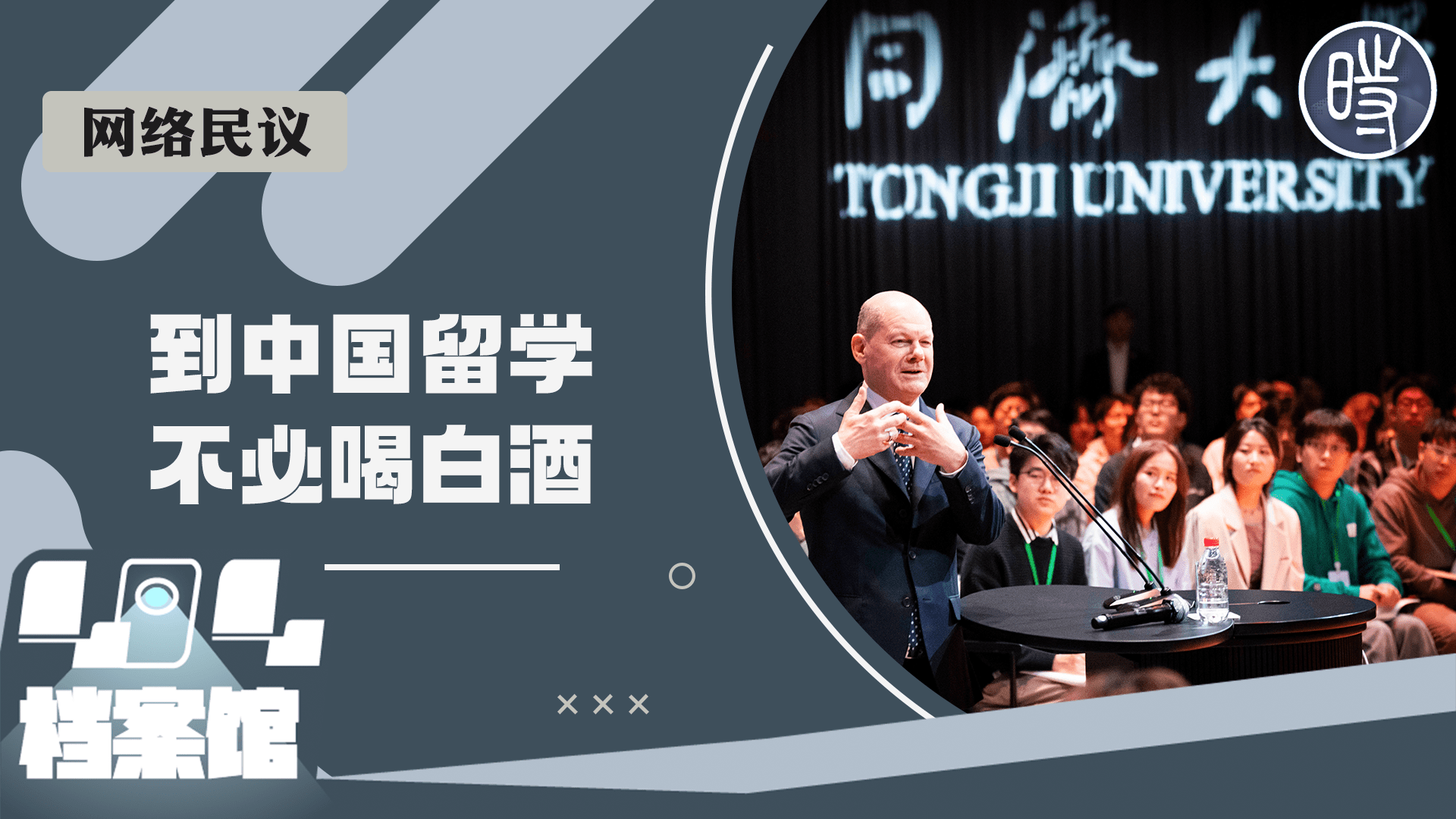http://www.ft.com/intl/cms/s/0/a02331a2-c64c-11e0-bb50-00144feabdc0.html
August 16, 2011 10:19 am
Microblogs challenge China’s ‘rumour buster’
By Kathrin Hille in Beijing
A self-appointed internet ‘rumour buster’ has triggered a
public debate over the way China distributes and controls information, in the
latest episode of the ruling Communist party’s complex engagement with the
country’s wildly popular microblogs.
Dou Hanzhang, a former journalist at the official news
agency Xinhua, has been bombarded with criticism over the past week over his
attempts to “unmask” news spread by microblogs as false via a “Rumour-busting
League” set up earlier this year.
The league claims to have exposed more than 100 rumours on
its microblog since it was founded in May. But it gained prominence only after
it denounced as a rumour the news that the government was burying evidence at
the site
of a rail crash which killed at least 40 people last month.
Other bloggers have since been attacking Mr Dou’s campaign
as an attempt to discredit microblogs in general and to salvage the
government’s image.
“The league is selective in its rumour-busting,” said the
Southern Metropolis Daily, a reform-oriented newspaper, in an editorial last
week. “It targets only rumours that originate with ordinary people and neglects
rumours created by the government, and uses official statements as the basis
and starting point of its [campaigns]”.
In an interview with the Financial Times, Mr Dou insisted
his only motivation was to “serve the truth”. He argued that the rail carriage
burying was a rumour because the government had said so.
But Lao Rong, a blogger who has been one of Mr Dou’s
fiercest critics, said: “The internet has a self-correcting function, and every
netizen has the need and ability to seek the truth, so there’s no need for you
to act as a judge or referee”.
The party traditionally claimed a monopoly on information,
and required traditional media to distribute content as part of its propaganda
machine. Years of market-oriented media reforms and
the rise of the internet and particularly of microblogs since late 2009 have
watered this down.
Beijing has tamed social media through pervasive censorship
and repression against outspoken bloggers but also tried to be more transparent
about issues that attract big attention online. However the regime continues to
view itself as the sole representative of the absolute truth, frequently
accusing critics of “incorrect” views and a lack of “objectivity”.
The rumour busters’ woes highlight that challenges to this
claim are growing.
Hu Yong, an expert on Chinese social media, said a
distinction needed to be made between rumours, often created by a lack of
information, and lies, intentional fabrications that were a bigger obstruction to
the truth. “The best way … would be if the government were open and allowed
information to be transparent,” he said in an interview with Time Weekly, a
Chinese magazine.
The party has signalled that it does not intend to respond
to the challenges by closing down the microblogs.
An editorial in the People’s Daily, the party’s
mouthpiece, echoed netizens in saying the microblogs possessed innate
capability of bringing the truth to light. “The development of the microblogs
has only just started. Overall, they make an indispensable contribution to
fostering citizens’ rights to knowledge, self-expression and supervision”.
Additional
reporting by Chen Yuanni
本文由自动聚合程序取自网络,内容和观点不代表数字时代立场







.png)

